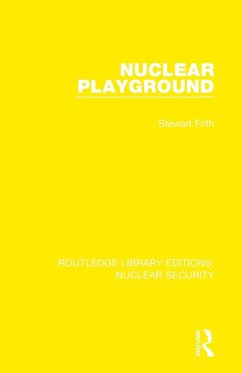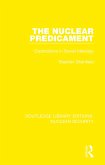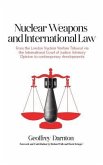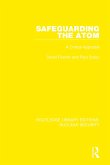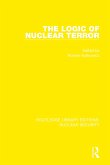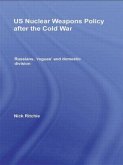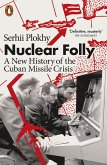In the late 1980s it was felt that World War III could start in the Pacific. Long regarded by the USA as an American lake, the Pacific was now a focus of competition between the superpowers. The USSR, whose nuclear-arms navy was limited to their north Pacific ports, now had a major new naval base at Cam Ranh Bay in Vietnam. In response to this new threat, the Americans were planning more urgently for nuclear war in the Pacific, adding to their own mighty arsenal in the region and taunting the Soviets with aggressive surveillance and military exercises. The Soviets did the same. For 40 years, Pacific Islanders have had cause to resent the use of their ocean as a nuclear playground: of the five nuclear powers, three - the USA, USSR and China - launched missiles into the Pacific for text purposes; two - the USA and Britain - exploded nuclear devices there but had stopped; and one, France, continued to test nuclear bombs in one of its colonies. Pacific Islanders now have cause to fear that the ocean is becoming a nuclear battleground. Originally published in 1987, this book tells the story of the nuclear men in the Pacific and of those people they 'displaced' and irradiated. It is also about what these people and their governments had begun to do in response. The nuclear issue had transformed the political landscape of Micronesia and the South Pacific in the 1980s, loosening the US grip and making the French increasingly unpopular. The people of these remote communities, largely forgotten or considered dispensable, had a nuclear past made for them. Now they want to make their own future.
Hinweis: Dieser Artikel kann nur an eine deutsche Lieferadresse ausgeliefert werden.
Hinweis: Dieser Artikel kann nur an eine deutsche Lieferadresse ausgeliefert werden.

